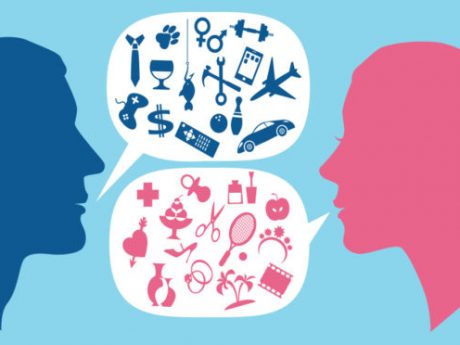At a seminar I recently attended on the Gender Theory course, a question arose during the discussion that divided the teaching audience. One of the participants, who stated that the theory of gender and feminism is the fate of women and something like their inferiority complex, heard quite harsh statements from others present. However, his “support group” made ironic remarks that the feminist movement in the nineteenth century meant, above all, that women began to smoke, write books and wear trousers, and in everyday life, they sought to relieve themselves of the responsibilities they imposed on their traditional role in a patriarchal society and in which there were a certain meaning and justice. And also that only a woman is allowed to be a feminist, and a man can sympathize the most. But the most interesting thing is that in the end, the opponent who most clearly and meaningfully tried to express the opposite position on this issue was a friend of the same anti-feminist who linked the dispute. He desperately wanted to prove that feminist men had a right to exist. At the same time, the young teacher appealed mainly to the universality of research talent and, most importantly, to the desire of some men to play the role of a woman and the ability to do so very successfully, immersing themselves in their subconscious and secret impulses. The controversy that erupted made me want to summarize my views on this issue, in response to similar statements in similar situations. Moreover, the terms “gender theory” and “feminism” were used by all participants in the discussion as almost identical, and this suggests the need to emphasize this. Probably, this issue can also be useful for discussion in practical classes with students.
First of all, it should be noted that gender and feminist research are not identical in their subject. As you know, GENDER means primarily “social sex” and gender theory, in turn, a set of relationships between men and women, including formal rules, norms of behavior, due to their own relationships. Social control, cultural traditions. Feminism is, first of all, a socio-political movement and its corresponding ideology, which expresses the protection of social, cultural, and other rights of women. In turn, this is one of the manifestations of the liberal values of the Western world, and one who understands and supports such ideals is a supporter of fundamental human rights and freedoms in general. Then feminism is liberalism, and in this respect feminists J. Locke, Ulaf Palme, Bill Clinton, and other proponents of liberal ideas are feminists. However, the degree of depth and diversity of thought does not depend on gender, as well as the degree of understanding of the other, his behavior, and motivation. Perhaps this can be compared with the ability of a representative of one culture to penetrate the specifics of another cultural tradition, into the “spiritual mentality” and “spiritual landscape” of other ethnic groups and nations. This property has been noted by many researchers, in particular, in the works of I. Franko.
Therefore, in a sense and quite conditionally, there are grounds to talk about feminist men, but it is more reasonable to talk about men who pose gender issues in artistic, scientific, and journalistic, and scientific form. Among them are J. Stuart Mill (his book “On the Subordination of Women”), M. Moore (“Stupid White Men”), M. Kimmel (“Gender Society”), etc..
In conclusion, it is much more difficult for a woman to be a person in the eyes of men than vice versa, because the latter in this respect follow well-established patterns of behavior and cultural stereotypes, and in this endeavor, women meet much more aggressive rejection than even willing men. try on clothes and the image of the opposite sex. It is women who become victims of domestic violence, physical and psychological, lack of tolerance. And the more important is our work on overcoming gender stereotypes and forming a serious attitude towards women – scientists and teachers.
Department of Culture, Sports and Tourism
Head of Department Mazorenko M.


